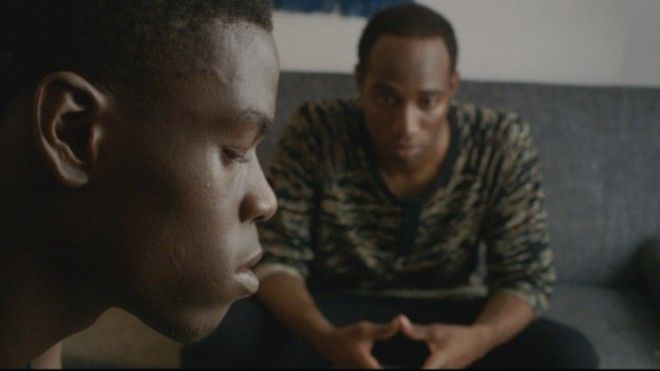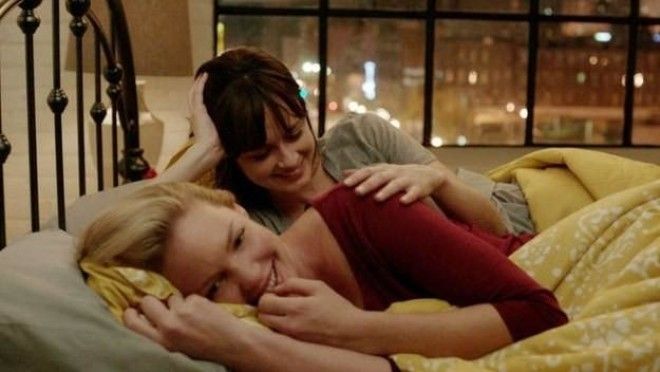
Grey’s Anatomy’s Izzy Stevens and Gilmore Girls’ Rory Gilmore had plenty of chemistry in their respective onscreen relationships — which makes it all the more surprising that the union of both women in one film is so utterly uninspiring. The film, written and directed by Mary Agnes Donoghue who also penned the scripts for Beaches and White Oleander, has all the right components for a soapy melodrama, but falls flat thanks to the lack of sparks between Katherine Heigl and Alexis Bledel, as well as the “been there, done that” nature of the story.
Heigl comes out to her conservative parents late in life when she announces her impending wedding to Bledel. The suspense surrounding whether this middle class, well-to-do white family will come to accept their daughter is not as strong as Donoghue would like it to be.
Obviously, everything will work out in the end because this is exactly that kind of movie. The biggest sin is Bledel’s lack of screen time — she barely interacts with Heigl’s family. Donoghue spoke in a talk back after the film screened at OutFest, arguing that Bledel’s interaction with the family wouldn’t have been interesting or essential to the film (“would they talk about the weather?”). We beg to differ.
12. Bare

Of the two OutFest 2015 films that feature Glee actors stepping out of the television screen, Dianna Agron has the most dramatic transformation. Here, she plays a small-town girl frustrated with life who meets Pepper, a mysterious drifter, and finds liberation in drugs and stripping. The scenes between Agron and Paz de la Huerta (Pepper) are electric, but the film itself is like a small-town retread of Showgirls without the camp value. It even ends the same way — with Agron hitchhiking her way to a new future — but she doesn’t pull out a switchblade with the overdramatic flair of Showgirls’ Elizabeth Berkley. But, duh, your faves could never be Elizabeth Berkley.
11. Nasty Baby
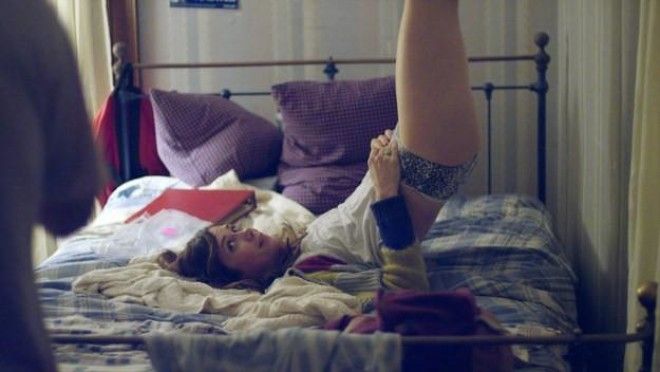
This film is mostly hipster, mumblecore nonsense that ends with a completely bonkers, out of nowhere plot twist.
10. Drown
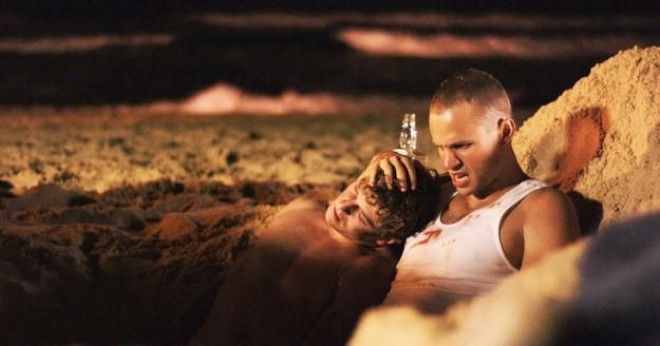
Marriage equality is a reality in America, but in Australia it is very much still a hope and dream. This Dean Francis film, adapted from the play Burnt by Stephen Davis, tells the non-linear story of three lifeguards which evolves quickly to a violent and tragic ending. Phil is a gay man who comes out to his hyper-masculine lifeguard friends and becomes the target of homophobic Len Smithy, who bullies him, beats him up, and eventually rapes and tortures him on a beach. Smithy has the forced assistance of their friend Meat (thus nicknamed for his huge penis and played by out actor Harry Cook, one of the film’s highlights and an actor overdue for some U.S. recognition).
Matt Levett (Phil) and Jack Matthews (Len) are also compelling actors who look great in speedos, but none of them can escape the jumbled, confusing script. If the story was told linearly, it might have been a dark, suspenseful drama that turns into a nightmarish horror movie, rather than a headache-inducing film whose horrific conclusion intends to impart a lesson about homophobia that ultimately flops.
9. Naomi & Ely’s No Kiss List
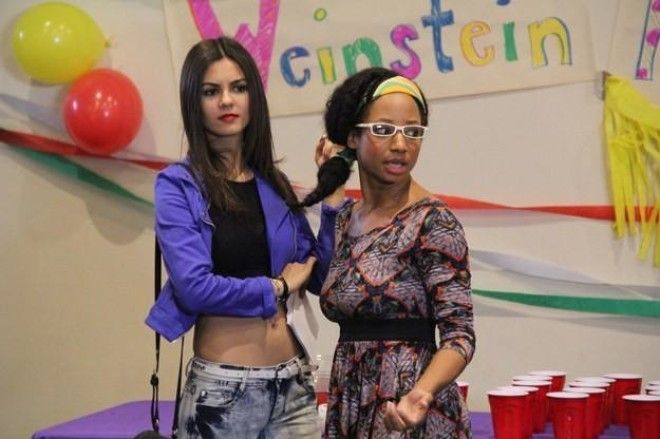
Former kids’ television stars Victoria Justice and Pierson Fode play a couple of best friends in the big city in Kristin Hanggi’s Naomi & Ely’s No Kiss List, an adaptation of a young adult novel by Rachel Cohn and David Levithan.
Naomi and Ely have been best friends for years, but Naomi has been in love with him since they were kids. When Ely falls for Naomi’s boyfriend, their relationship starts to crack. Events unfold in a way one might expect from the former Nickelodeon and Disney Channel shows
Justice and Fode once starred on.
The film manages to chug along with relatively low stakes, driven by characters who should know by now that movies about GBFs — gay best friends — are on the No Good List.
8. You’re Killing Me
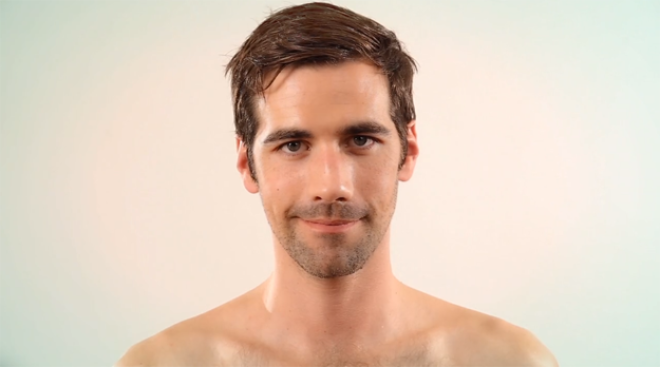
This gay twist on a slasher film from writers Jim Hansen and Jeffery Self (and directed by Hansen) was one of the funniest films at OutFest this year. Fans familiar with Jeffery Self’s internet work know what to expect: a lot of self-referential humor and jokes about forgotten Hollywood actress from the ’70s and ’80s. But You’re Killing Me is also surprisingly dark; when there’s gore, there’s really gore, and more than a few fantastic centerpieces for murder and mayhem.
If there’s an element where You’re Killing Me falters, it’s in the characters’ hapless inability to recognize a serial killer in their midst — their ignorance becomes more unbelievable than hilarious in the film’s final stretch. What’s even more unbelievable: a film set on the East Side of Los Angeles without a single non-white actor in a lead role. Let’s put it this way — there’s a rich family with a maid who speaks Japanese. The maid is white.
7. Tig
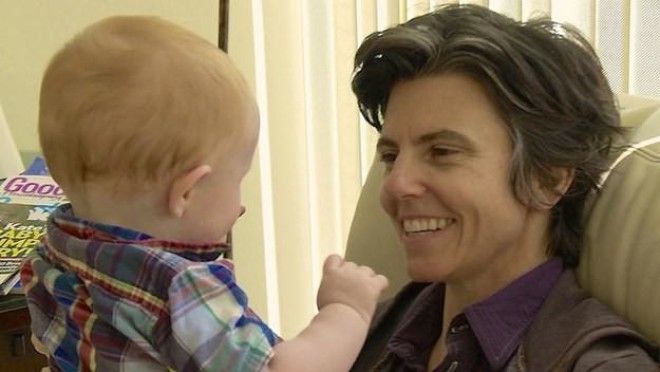
This documentary chronicling Tig Notaro’s loss of her mother and bout with cancer is now available on Netflix. It begins with her masterful stand-up set at the Largo at the Coronet in Los Angeles, where she opened with “Hello. I have cancer.”
Then the film takes a turn.
Tig’s career skyrockets — all the while, she could potentially die of breast cancer. Tig is largely about how Notaro struggles to come back from a set that she not only saw as the highlight of her career, but also how she chooses to move on from a painful chapter in her life.
6. Two 4 One

This comedy written and directed by Maureen Bradley tells the story of a trans man named Adam, who dated Miriam, a lesbian, before he transitioned. Miriam is dead-set on having a baby, despite her new partner’s reluctance, and enlists Adam to help her artificially inseminate herself. They both still have feelings for each other, so they have sex to get Miriam revved up for her insemination and… sperm left on a dildo ends up getting Adam pregnant.
Two 4 One is a hilarious film about a trans man that doesn’t focus on a depressing, heart-wrenching plot line and instead allows a trans character to exist within the story as any other character would.
The only problem with the film is that it’s not really a film. There are several subplots, like Adam running from creditors before his transition, and Miriam’s polyamorous relationship with her partner, both of which could use further exploring. Once we reach the conclusion of the film, there’s still plenty more story left to tell. Two 4 One is a bit like the telenovela Jane the Virgin: full of interesting characters and stories that could probably continue in a full season of television. But as a film, it feels frustratingly unfinished.
5. Fourth Man Out
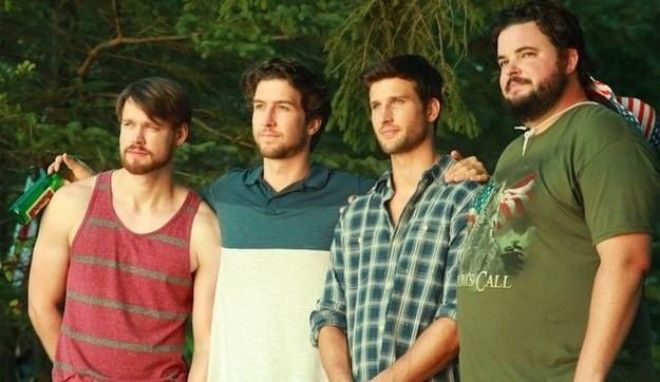
As opposed to Dianna Agron’s dramatic turn in Bare, Chord Overstreet’s role in Fourth Man Out keeps him in familiar territory. As the hot, dim-witted friend, Overstreet’s role is barely different from Sam Evans on Glee, except he’s not doing any singing this time. But that’s not a knock on Overstreet — he’s just as hilarious here as you’d expect him to be in this bro comedy about mechanic Adam (Evan Todd) coming out to his best friends.
It’s nothing you haven’t seen before, but it’s touching and funny and depicts the relationship between Adam and his best friend Chris (Parker Young from Suburgatory) surprisingly well. Tackling the idea that Chris might think his best friend isn’t really his friend and has been attracted to him for years is a fun take on a “bro” relationship in a gay romantic comedy, and the chemistry between the cast is something any sitcom would die for.
4. Best of Enemies
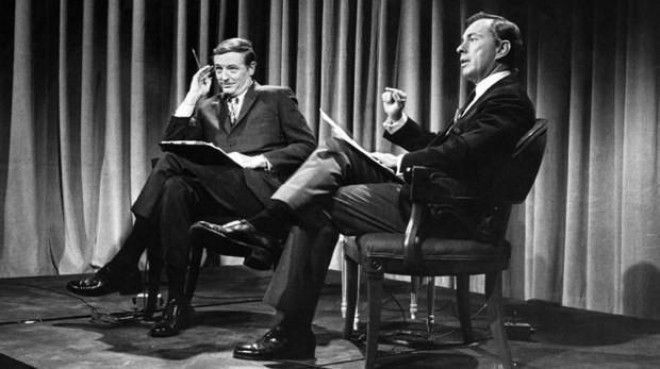
This completely enthralling documentary by Robert Gordon and Morgan Neville (Twenty Feet from Stardom) focuses on the life-long rivalry between Gore Vidal and William F.
Buckley, with their 1968 debates as the centerpiece. The documentary is a fascinating look into Buckley’s idea of conservatism and how it contrasted with Vidal’s liberalism, as well as both men’s obsession with their rivalry, which clung to them for the rest of their lives.
The only thing missing from Best of Enemies is a deep dive into Vidal’s sexuality. When Buckley calls Vidal a “queer” on national television, it’s a shocking moment, yes, but it’s a moment that — on the surface, at least — already exists in history.
3. The New Girlfriend
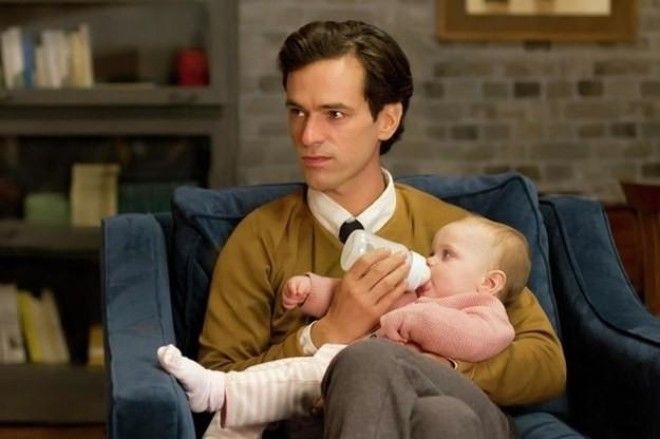
François Ozon (who also directed the erotic thriller Swimming Pool) closed out OutFest on July 19 with The New Girlfriend: a compelling drama about Virginia, who undergoes gender transition after the death of her wife, Lea. The film is told through Virginia’s eyes and the eyes of Lea’s best friend, Claire — who long harbored romantic feelings for Lea. Ozon takes you on a dark, twisted, and ultimately heartwarming journey through the inter-workings of two different marriages that are bursting at the seams from suppressed desires.
Though less of a thriller than Swimming Pool, every scene is tautly infused with enough suspense to satisfy any Almodóvar fan as it leads you down the rabbit hole of its character’s desires and fantasies.
2. Addicted to Fresno
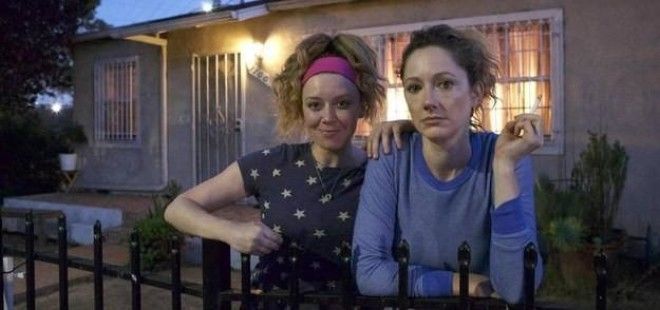
Once again, Natasha Lyonne and Judy Greer prove that they need way more recognition from Hollywood in Addicted to Fresno. Directed by Jamie Babbit (of the iconic But I’m a Cheerleader) and written by Karey Dornetto (Arrested Development, Community, Portlandia), Lyonne and Greer play two estranged sisters who work together at a motel when Greer is released from rehab. What follows is an accidental murder and the scramble to cover up their crime in a series of increasingly funny, absurd situations. It’s a film that deserves the widest release possible — the Lyonne and Greer duo is a thing of beauty.
Babbit handles Dornetto’s hilarious script beautifully. Despite all the antics the sisters find themselves in, what really glows in the film is the story at its heart of two sisters who know each other too well and have yet to discover their own true selves.
1. Naz and Maalik
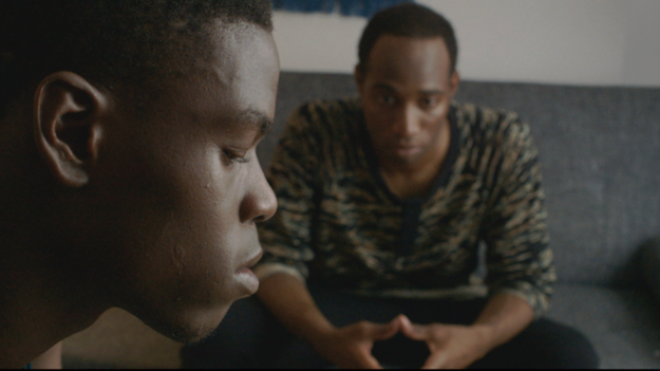
The quiet revolution of Naz and Maalik is obvious from the moment the two titular characters steal away for a private moment in an alley to make out. The act of two teenage black boys kissing on screen in a tender and romantic moment is practically unheard of in film and television.
This film was inspired by director Jay Dockendorf’s interviews with Muslims post 9/11 who experienced heightened FBI surveillance. Some of the people he interviewed were closeted Muslims, who had reasons for being private that might have been misinterpreted by an FBI agent. Naz and Maalik follows this kind of misunderstanding, handling a serious subject matter with levity and heart. This is the type of groundbreaking story you hope for from a festival like OutFest — the kind which will hopefully go on to engender change in the mainstream.
